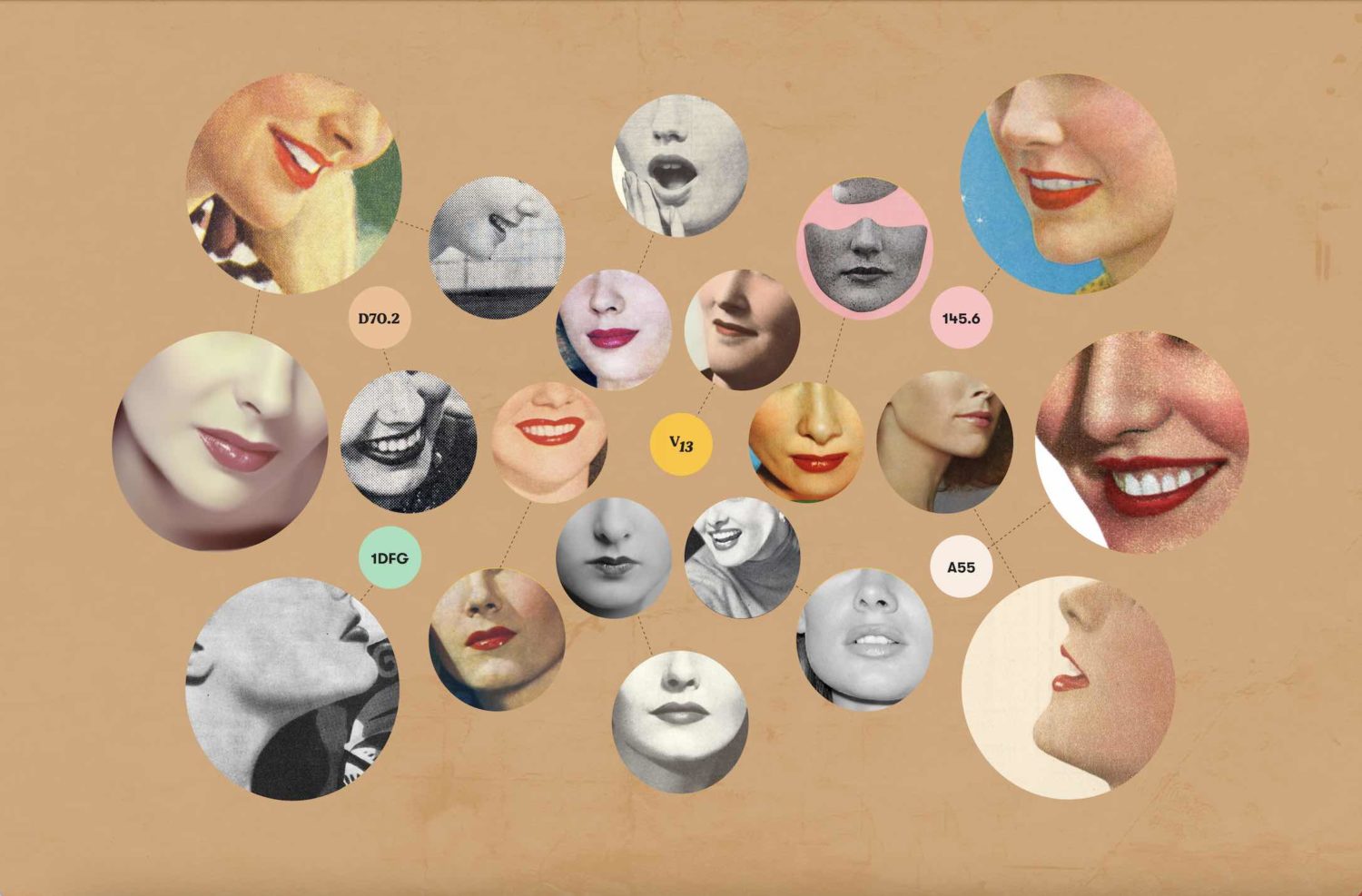
If you’ve ever watched a rom-com movie, listened to the cheesy lyrics of many “first dance” wedding songs, or simply Googled dating advice, you’re likely familiar with the trope: All of us have a soulmate somewhere out there. This is the individual who represents our ideal counterpoint in another; who lives, loves, and thinks the same way that we do. In short, they’re perfect for us.
Whether you believe in soulmates or not, the fact is that the internet has made it far easier to meet potential romantic partners – including the ones we’re most likely to be well-matched with. Thanks to the power of matching algorithms and network effects, meeting partners has never been easier.
What if this type of matchmaking would work in healthcare? What if there was a way you could find and connect with other people who are facing the same medical challenges that you are? This could massively transform your health treatment journey.
True similarity equals true support on your health journey
By finding and connecting with other patients who share profiles similar to your own, you could have a better idea on how your own healthcare journey might be likely to progress, and also receive the necessary social and emotional support you’re likely to require. After all, who better to tell you they understand what you’re going through than someone who is, quite literally, going through the same thing that you are?
Similarity is about a lot more than just matching based on one chronic condition, however – just like successful romantic matching would probably be about more than just a shared profession or love of Jim Carrey in dramatic roles.
For example, an 18-year-old health nut with ulcerative colitis may not have a particularly similar health experience as a middle-aged person with the same condition, but who smokes, drinks, and rarely gets any exercise. While the two individuals will have some commonalities, it’s also likely that they will diverge in other important ways.
For this reason, for healthcare matching to work it needs to be done based on more than simply one shared condition, but also take into account factors such as lifestyle choices, additional health concerns, demographic information, background, gender, and more. Doing this will make any support that can be provided to the individuals more valuable and pinpoint accurate.
The Tinder for our health
Alike Health is one example of a digital healthcare company working on the bleeding edge of health matching technology. A bit like a Tinder for health, Alike matches patients with similar profiles from a massive dataset of individuals. It’s available for download through both the Google Play and Apple App Stores. Alike works by taking de-identified data taken from electronic medical records (often referred to as EMRs), and then using a special algorithm-based matching system to compare individuals in the network; establishing careful similarity scores between every two nodes (read: people) on the network.
Alike might be breaking ground with its approach, but the idea underpinning its work – the patient similarity network – builds on something doctors have known for years: That not every patient is the same. At its broadest, medicine works based on the assumption that humans function in the same way. A medicine or treatment that would cure or treat only one person would have no applicability to a population, which would therefore make it impossible for doctors and medical researchers to learn information from individuals and apply it to broader populations of patients. But just because medicine works on large numbers of people doesn’t mean that precision medicine isn’t also important.
Consider, for instance, the highly publicized importance of matching donors and recipients correctly when it comes to organ transplants or blood transfusions. Without matching correctly in this instance, a potentially life-saving treatment could be rendered ineffective – or much worse. There are other examples, too. A 2020 study into patients with rheumatoid arthritis found that there were five different phenotypes seen in patients — each one with its own symptoms, varying disease progression, and required treatments. Had all these patients been treated the same way, it would be easy to fail to identify and treat the disease correctly.
The health-matching revolution
We now live in a world of big data and artificial intelligence that makes it possible to tap the well of user health data to find valuable insights. Simply put, there’s no reason why meeting your health journey match should be any more challenging than being matched with a prospective partner on a dating app, or having a music streaming service successfully recommend you an album based on your shared listening tastes with other users.
Yes, we’re still at the start of this particular healthcare revolution. But a few pioneering companies are already making some amazing inroads. And that’s going to have some profound impact on the health outcomes of people everywhere. Welcome to the health-matching revolution.
Advertising disclosure: We may receive compensation for some of the links in our stories. Thank you for supporting LA Weekly and our advertisers.
